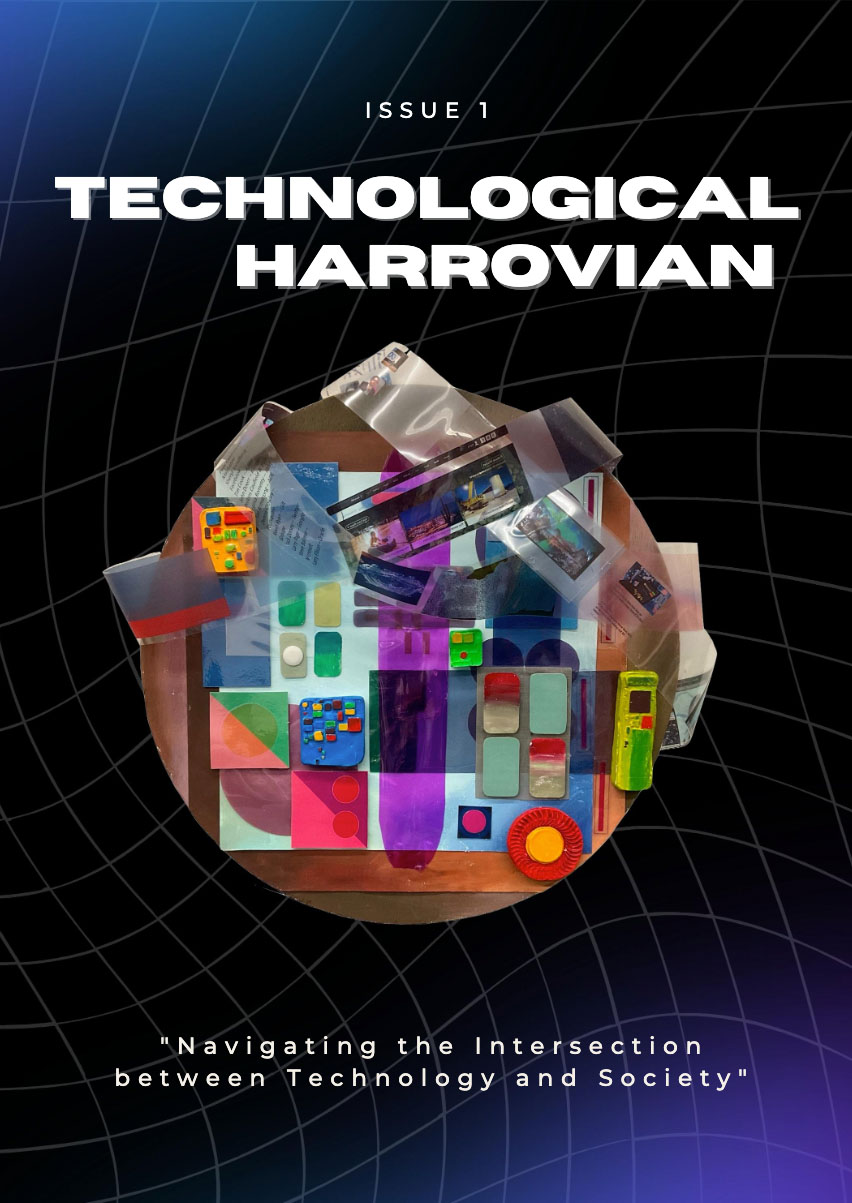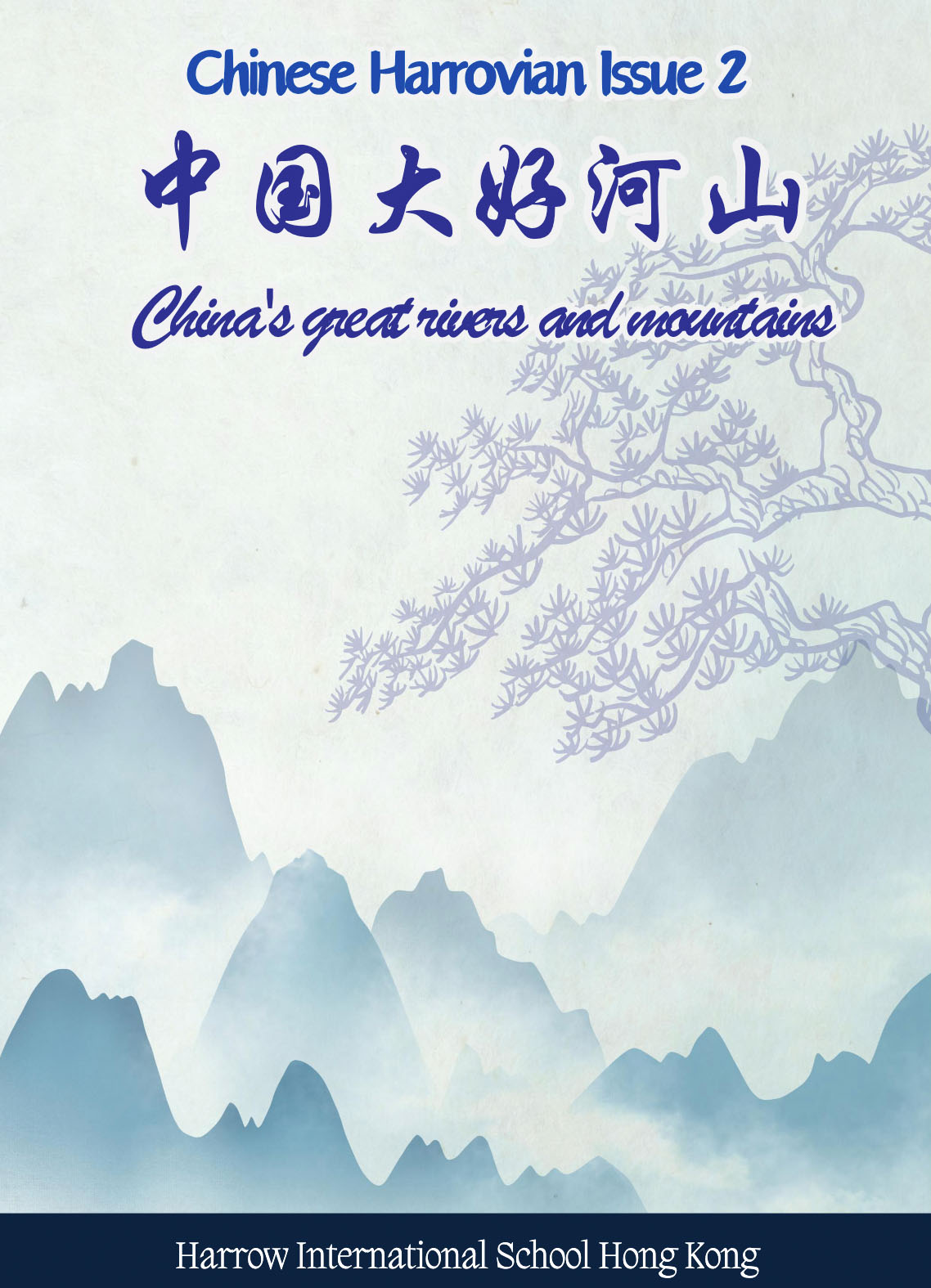A short guide to the British Curriculum
The British education curriculum is widely recognized as being one of the best in the world. It is not just that the country has renowned educational centres like Oxford and Cambridge universities, but the system overall is effective in helping to prepare children for adult life.
Fortunately for parents globally, children in many other countries also have access to the British curriculum, whether they are British nationals living overseas or native students in their home countries. These opportunities are mostly available from private schools like Harrow HK, which provides all access to British education.
We have written this brief guide to the British curriculum and we consider some of the benefits that it offers.
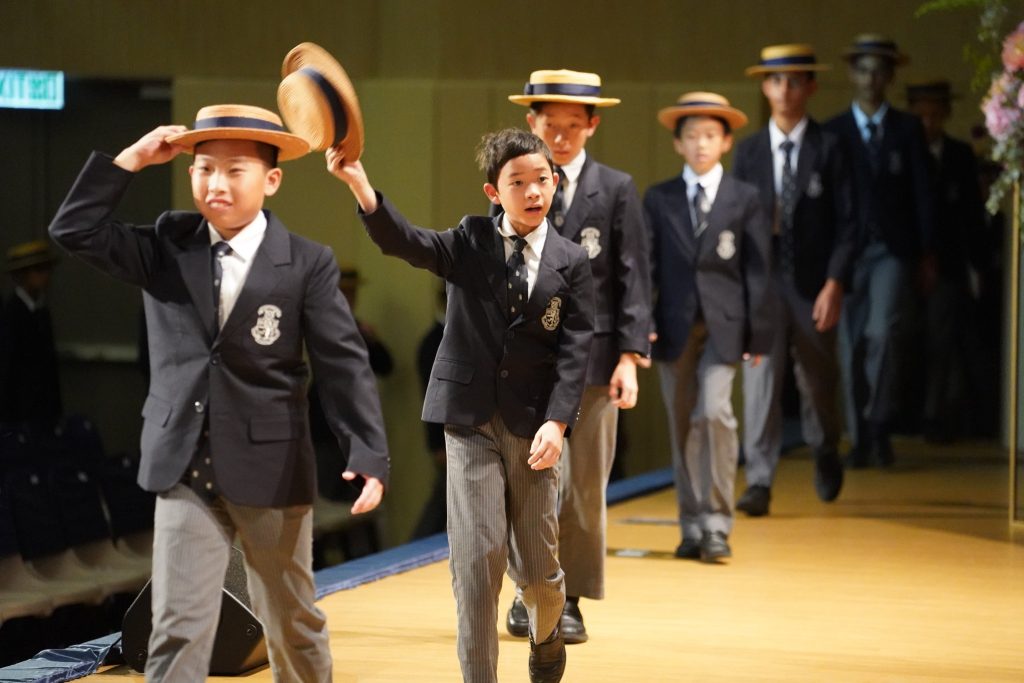
Why is the British Curriculum so highly rated?
The British curriculum is widely respected because it uses a methodology that helps students think critically and analytically. This approach is deemed superior to other methods that teach children ‘parrot fashion’.
Parrot fashion is a term often used to describe ‘learning’ by repeating facts and figures so that the student remembers them. However, this method is deeply flawed because it does not necessarily help the student understand the topic. This, teaching of children by rote may help them pass exams, but it is not particularly effective at teaching students what they need to learn.
Any adult would wish to give their children the best grounding in life no matter where they are located in the world, and giving them a British education is one of the best advantages you could give a young person.
Not only is the British curriculum effective at helping students understand topics but having a British educational certificate can give candidates an advantage over those who do not have one.
How Do Students Progress Through the System?
The British curriculum is divided into different stages, with each stage tailored according to the student’s age and learning ability.
Those stages are as follows:
Primary School
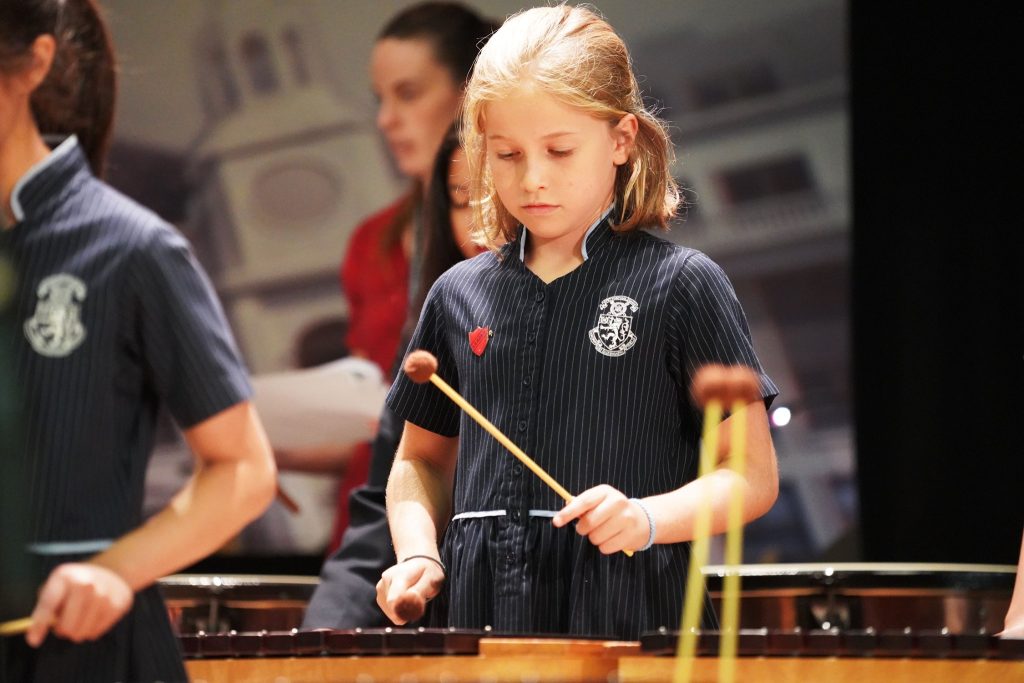
Children typically start learning the British curriculum at Primary school, starting as young as 4 years old. Primary school students will usually have one teacher throughout the year, albeit with the occasional specialist contributing to their education.
At this stage, students are taught the basics such as the alphabet and basic maths that help prepare them for more complex lessons. British curriculum students are typically taught through play, which helps make learning fun and encourages students to get involved.
Students are tested and sometimes placed in groups with other children according to their abilities. Tests are also used to rank the performance of schools to help maintain high standards.
The Primary education stage ends at 11 years old, after which the student will move on to secondary education.
Secondary School
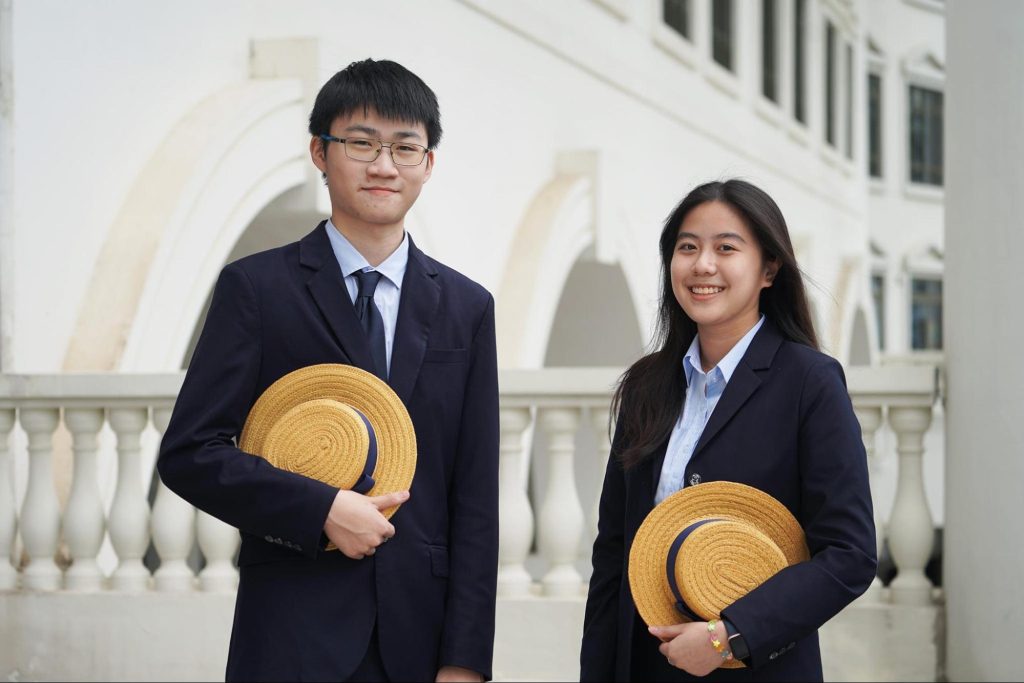
Secondary schools are for students aged between 11 and 19 years old.
One of the key differences between secondary and primary schools is that students will have specialist teachers for each subject. This approach means students have access to education from teachers that are more qualified in their field.
The teachers will often teach from a specific classroom and students will have to travel between classrooms throughout the day. Students are typically divided into groups according to previous academic performance and lessons are created according to the student’s ability.
Students in Britain may leave school at 16 to 17 years old. However, they may extend their education at a secondary school or sixth form college where they will usually study two to three subjects at the advanced level, known as A level, over two years.
The standards achieved at A level will be critical in the next step of going up to university. Each university will have different entrance requirements, with the more renowned ones requiring higher A level grades.
University
British university undergraduate courses are known for their independent learning and critical thinking to complement the instruction of essential basic knowledge. Additionally, these universities have networks with industry which can offer opportunities for work experience which will enhance the student’s prospects for future employment after graduation.
There is also the option of further academic study by pursuing a post-graduate degree, such as a Master’s or a Doctorate.
Exams and Certifications
The first official academic qualification for the British curriculum is the General Certificate of Secondary Education (GCSE). Students are usually about 14 years old at this stage and get to choose which subjects to study, with English, mathematics and science topics mandatory for all.
Allowing students to choose which topics they will study lets them focus on what they are best at and most interested in, helping to get better results overall. Students are expected to choose a minimum of 5 GCSE topics, while it is common for them to learn 9 or 10.
The next highest credential in the British education system is the advanced level certificate, commonly known as an A level. Again, students get to choose which A levels to study, with most studying three topics.
University Degrees
The next level of certification is the bachelor’s degree, which is gained at a university. British university students can expect a very different experience than most schools or colleges. This is because instead of being treated like children, they are now regarded as young, responsible adults.
Many universities will provide accommodation for students in their first year (known as freshers). The university’s distance from the student’s home also means many will live away from home, often for the first time.
Staying on campus can be daunting for some at first, but this helps the student to feel more a part of the university life, while also encouraging new relationships to develop. Staying on campus also makes university facilities easier to access.
Most undergraduate degree courses take three years to complete, upon which most students will graduate with either arts or science degree such as a BA (Bachelor of Arts) or BSc (Bachelor of Science); there are other degrees such as BEng (Bachelor of Engineering) or LLB (Bachelor of Laws, known by its Latin term Legum Baccalaureus).
Why Choose a British Curriculum International School?
Understandably, many British parents living overseas will want their children to have a British education. Not only will their children have access to a high standard of education, but they will also be with other British children, helping them feel more comfortable.
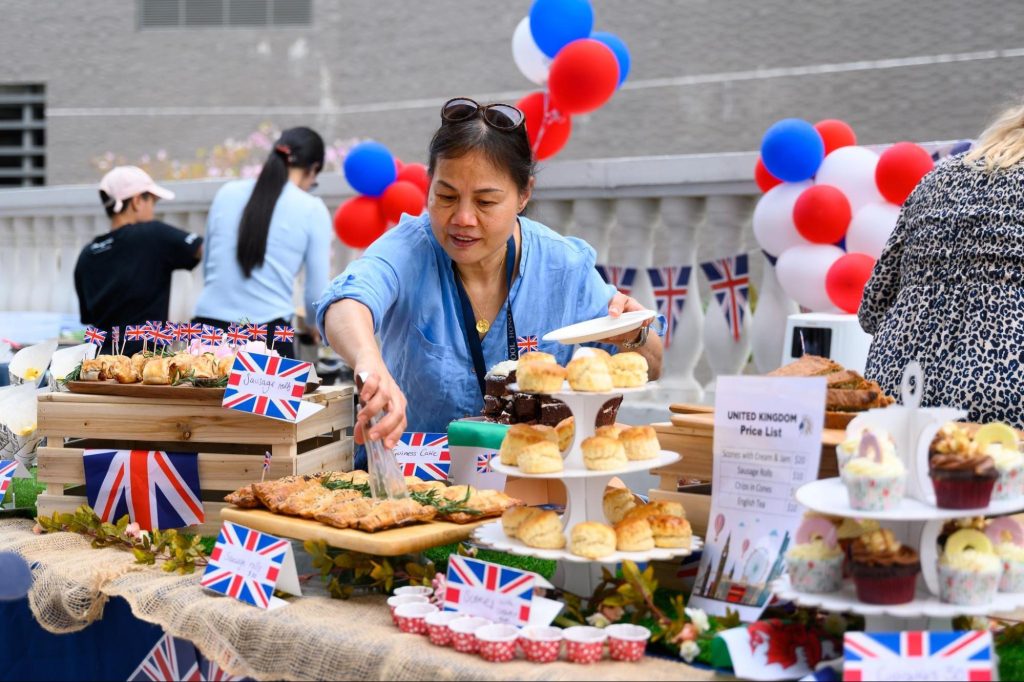
While many international school students are British, they do not exclude children from other nationalities from enrolment. In fact, many non-British parents prefer to give their children a British education to help give them the best possible start in life.
Students at a British curriculum international school like Harrow HK are exposed to different cultures and viewpoints from a young age. Such exposure is beneficial in many ways, such as being able to tackle problems from different perspectives.
High Standards
Another good reason to send your child to a British curriculum international school is that standards are typically much higher than local state schools. Not only will students be taught according to one of the best curriculums, but international schools are also usually well staffed and well equipped.
Some of the world’s most talented teachers find the thought of working overseas appealing. As such international schools usually have access to an impressive pool of candidates, helping them choose the best available.
Summary
A British education provides a sound foundation from which children can develop to their full potential amongst peers. In so doing, they will have every opportunity to form strong friendships and networks as they go into the world as well rounded young adults.
If you would like any more information on the British curriculum, then please feel free to contact us and we will be delighted to help. Harrow International School HK has a fine reputation as being one of the best education centres in the region, and we will look forward to helping give your children the best possible start in life.
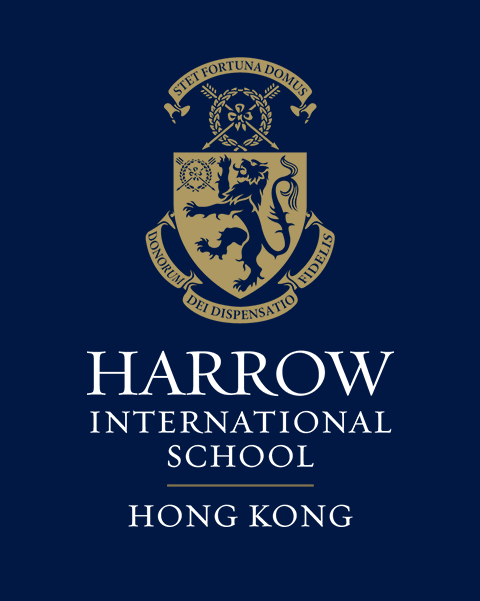
 360° TOUR
360° TOUR 

